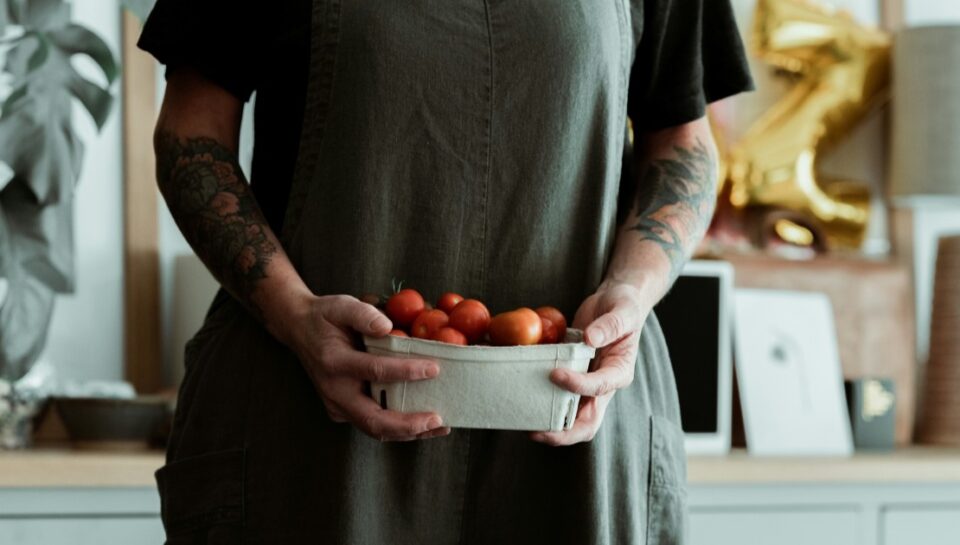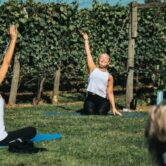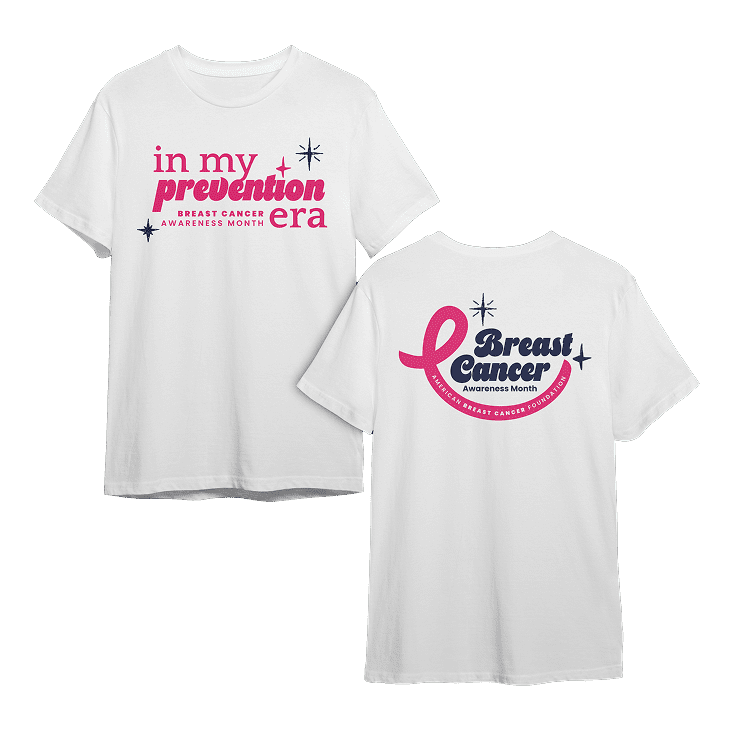
Photo Credit: Annie Spratt on Unsplash
Nutrition & Breast Health: Foods That Support Your Prevention Era
When it comes to breast cancer prevention, diet isn’t everything—but it’s one of the few modifiable factors where your daily choices can make a difference. Recent research (2023–2025) continues to strengthen links between plant-forward eating patterns and lower breast cancer risk. Below, we explore what research suggests—and how to build a realistic, sustainable approach to eating for better breast health.
Recent Evidence: What Science Is Saying Now
- A 2024 meta-analysis in BMC Cancer found that higher intake of vegetables, fruit, soybean products, coffee, and eggs was significantly associated with lower breast cancer risk in diverse populations.
- A 2025 European study noted that greater adherence to healthful plant-based diets (rich in fruits, vegetables, legumes, whole grains, and vegetable oils) was linked with an 11% reduction in postmenopausal breast cancer risk, partly mediated by lower adiposity (BMI/waist).
- Reviews of Mediterranean-style diets (2023 onward) continue to report inverse or neutral associations with cancer risk, underscoring the consistency of a diet rich in plants, healthy fats, and minimally processed foods.
- Meanwhile, ultra-processed foods remain a concern: diets high in processed, refined, and packaged items align with worse health outcomes and may increase cancer risk in general.
Taken together, newer evidence reinforces old wisdom in a more rigorous way: the quality and pattern of your diet matters.
Foods Worth Prioritizing (and Limiting)
While no single food guarantees prevention, the consistent trend is: prioritize whole, plant-forward foods and limit processed, refined, and high-alcohol items.
Foods to Prioritize
- Eat a variety of colorful vegetables and fruits every day
- Add legumes, beans, and lentils for plant-powered protein
- Choose whole grains like oats, brown rice, quinoa, and whole wheat
- Incorporate soy foods (tofu, tempeh, edamame) as healthy options
- Enjoy nuts, seeds, and healthy oils (olive, canola, avocado)
- Sip on coffee or tea in moderation as part of a balanced diet
Foods to Limit
- Cut back on ultra-processed foods (packaged snacks, sugary drinks, fast food)
- Limit red and processed meats (bacon, sausage, deli meats, hot dogs)
- Keep alcohol to a minimum or skip it altogether
- Reduce refined grains and sugars (white bread, pastries, sweetened cereals)
Building a Realistic, Sustainable Eating Strategy
How to put this into practice in a way that supports your lifestyle:
- Start with plants: aim for at least half your plate to be vegetables, fruits, legumes, and whole grains.
- Use plant proteins (beans, lentils, soy) and lean animal proteins minimally if you include them.
- Avoid ultra-processed foods: limit packaged snacks, instant meals, sweetened drinks.
- Moderate (or skip) alcohol: make non-drinking days the default.
- Cook simply: favor herbs, spices, olive/vegetable oils, minimal sugar and processed sauces.
If resources or food access is a challenge, local programs, co-ops, or community gardens may offer help — your Prevention Era is about more than individual choices, it’s about building environments that support health too.
Barriers & Equity Considerations
We must remember that not everyone has the same access to fresh food or time to cook. For communities facing financial constraints, food deserts, or limited kitchen resources, it’s not enough to tell people to “eat better.” That’s why ABCF’s mission includes connecting individuals with resources and organizations that help close those gaps — whether via education, partnerships, or direct resources.
What You Can Try This Month
- Swap one processed meal for a whole-food, plant-based version.
- Add one extra serving of vegetables or legumes daily.
- Cut or replace alcohol with herbal tea or sparkling water.
- Explore one new recipe from our community content.
- Share what you try: prevention habits can spread by example.







